15 YEARS MANUFACTURING EXPERIENCE
25
2025
-
09
Navigating Global Markets- MDSAP Certification
In today's interconnected world, medical device manufacturers aim to distribute their products across multiple countries. However, each market has its own regulatory requirements, often necessitating separate audits from different national authorities. This process can be time-consuming, costly, and complex.
To streamline this challenge, the Medical Device Single Audit Program (MDSAP) was established. This innovative program allows a single regulatory audit of a medical device manufacturer’s quality management system to satisfy the requirements of multiple participating jurisdictions.
What is MDSAP?
MDSAP is a international program developed by a coalition of regulatory authorities from five founding members:
Australia: Therapeutic Goods Administration (TGA)
Brazil: Agência Nacional de Vigilância Sanitária (ANVISA)
Canada: Health Canada (HC)
Japan: Ministry of Health, Labour and Welfare (MHLW) and Pharmaceuticals and Medical Devices Agency (PMDA)
United States: Food and Drug Administration (FDA)
The core principle of MDSAP is "one audit, one standard, multiple markets." An Auditing Organization (AO) recognized by the MDSAP authorities conducts a single audit against the requirements of the ISO 13485 standard, along with the specific regulatory requirements of the participating jurisdictions the manufacturer chooses to include.
How Does the MDSAP Program Work?
The program operates on a structured framework:
Manufacturer Selects an AO: The device manufacturer contracts with an MDSAP-recognized Auditing Organization (AO).
Defines Scope: The manufacturer specifies for which participating regulatory authorities (e.g., FDA, Health Canada) they wish to be audited.
Comprehensive Audit: The AO conducts a rigorous audit of the manufacturer's Quality Management System (QMS). This audit is more extensive than a standard ISO 13485 audit because it incorporates jurisdiction-specific requirements.
Audit Report and Rating: The AO submits a detailed audit report to the MDSAP database. Crucially, each process area (e.g., Management, Design and Development, Production Controls) receives a grade:
No Findings: Compliant.
Rank 1: Minor non-conformity.
Rank 2: Major non-conformity.
Rank 3: Critical non-conformity.
Regulatory Recognition: The respective regulatory authorities can access and use the MDSAP audit report to support their own regulatory decisions, such as market approval or surveillance activities.
Key Benefits of MDSAP Certification
Pursuing MDSAP certification offers significant advantages for medical device companies:
Efficiency and Cost-Effectiveness: One audit replaces the need for multiple, separate audits from different countries, reducing both time and expenses.
Streamlined Market Access: The audit report can facilitate regulatory submissions and inspections in the five participating countries. For example, in Canada, MDSAP certification is now mandatory for all medical device license holders (with some exceptions).
Enhanced Regulatory Compliance: The program ensures a high level of compliance with both ISO 13485 and the specific regulations of major markets, strengthening the overall QMS.
Global Recognition: While only five authorities are founding members, MDSAP is increasingly recognized and respected by other countries as a mark of quality and compliance, simplifying entry into additional markets.
Risk-Based Focus: The audit process emphasizes risk management, aligning with modern regulatory thinking and helping manufacturers identify and mitigate potential issues proactively.
MDSAP vs. ISO 13485: What's the Difference?
It is essential to understand that MDSAP is not a replacement for ISO 13485; rather, it builds upon it.
ISO 13485 is an international standard for Quality Management Systems specific to medical devices. Certification demonstrates a company's ability to provide medical devices that consistently meet customer and regulatory requirements.
MDSAP uses ISO 13485 as its foundation but adds specific requirements from the five regulatory authorities. An MDSAP audit will cover everything in an ISO 13485 audit, plus additional jurisdiction-specific clauses.
Is MDSAP Mandatory?
The mandatory nature of MDSAP depends on the target market:
Canada: MDSAP is mandatory for most medical device companies selling there.
Other Jurisdictions (US, Australia, Japan, Brazil): MDSAP is voluntary but offers a significant advantage. For instance, the US FDA may use MDSAP audit data to substitute a routine inspection, making it a highly beneficial alternative.
For medical device manufacturers with global ambitions, the Medical Device Single Audit Program (MDSAP) represents a strategic step forward. By consolidating regulatory oversight into a single, robust audit process, it reduces redundancy, lowers costs, and accelerates time-to-market. While achieving MDSAP certification requires significant preparation and commitment, the benefits of streamlined global compliance and enhanced market access make it an invaluable investment for companies looking to thrive in the international medical device landscape. At the same time, choosing to cooperate with companies that have MDSAP certification means meeting higher international standards, which becomes an important indicator of the trustworthiness of corporate cooperation.
Jiangxi Dental Group has been deeply involved in the oral care and teeth whitening industry for 17 years. It has been committed to providing customers with higher quality products and services and has always been at the forefront of the industry. This time, our company has obtained MDSAP certification, providing customers with a higher level and more convenient qualification display standard.
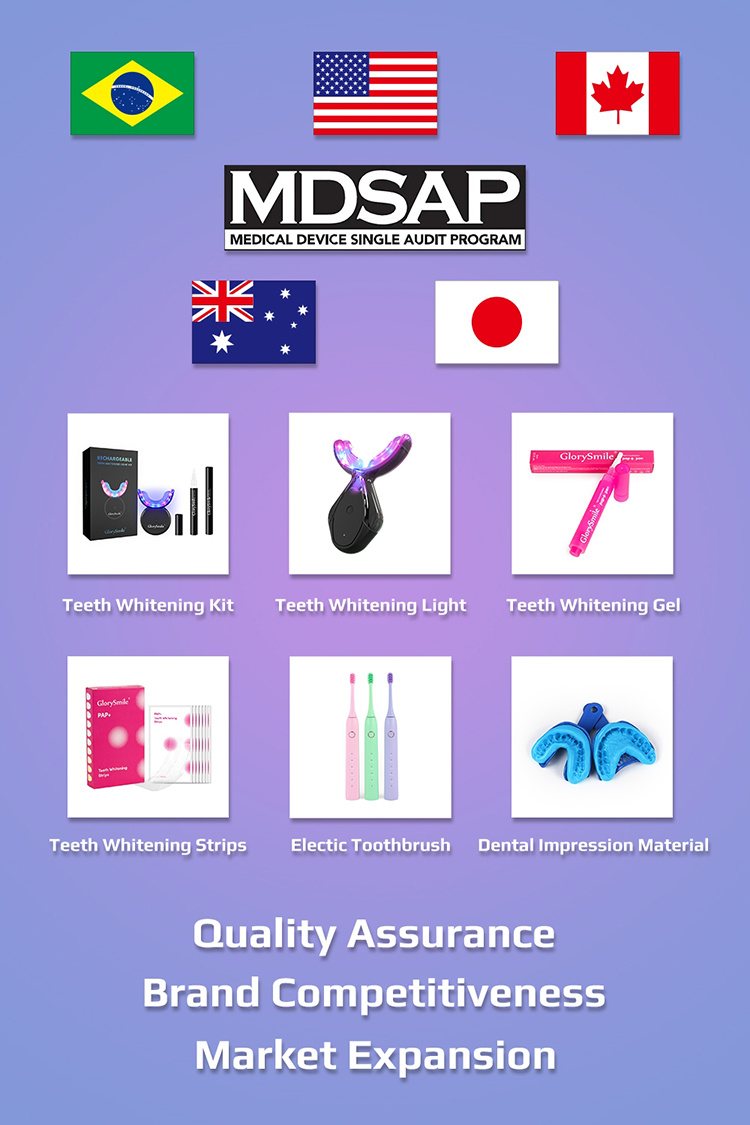
Previous page
Related news
undefined
Related products
COMPANY
About Us
OEM Service
After-Sale: info@glorysmile.com
QUICK CONTACT
Makou Industrial Park, Yongxiu County, Jiujiang City, Jiangxi Province, China, 332000
+86 18279124913
Copyright © 2022 DENT(HK)LIMITED LTD SEO


 Language
Language


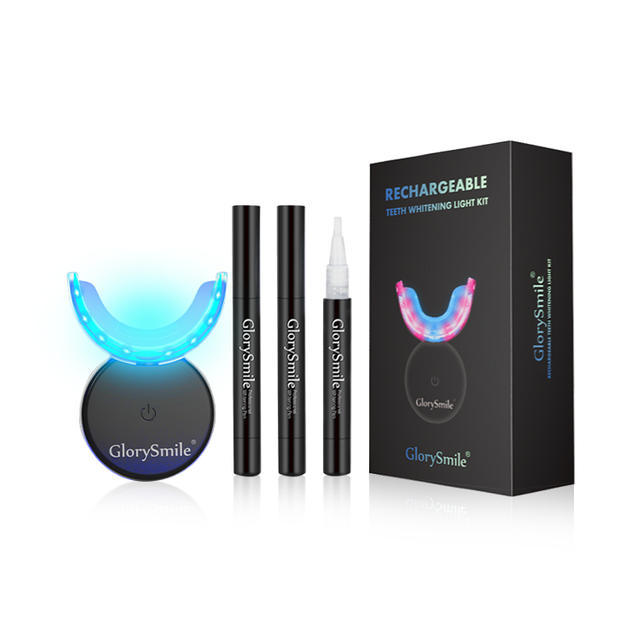

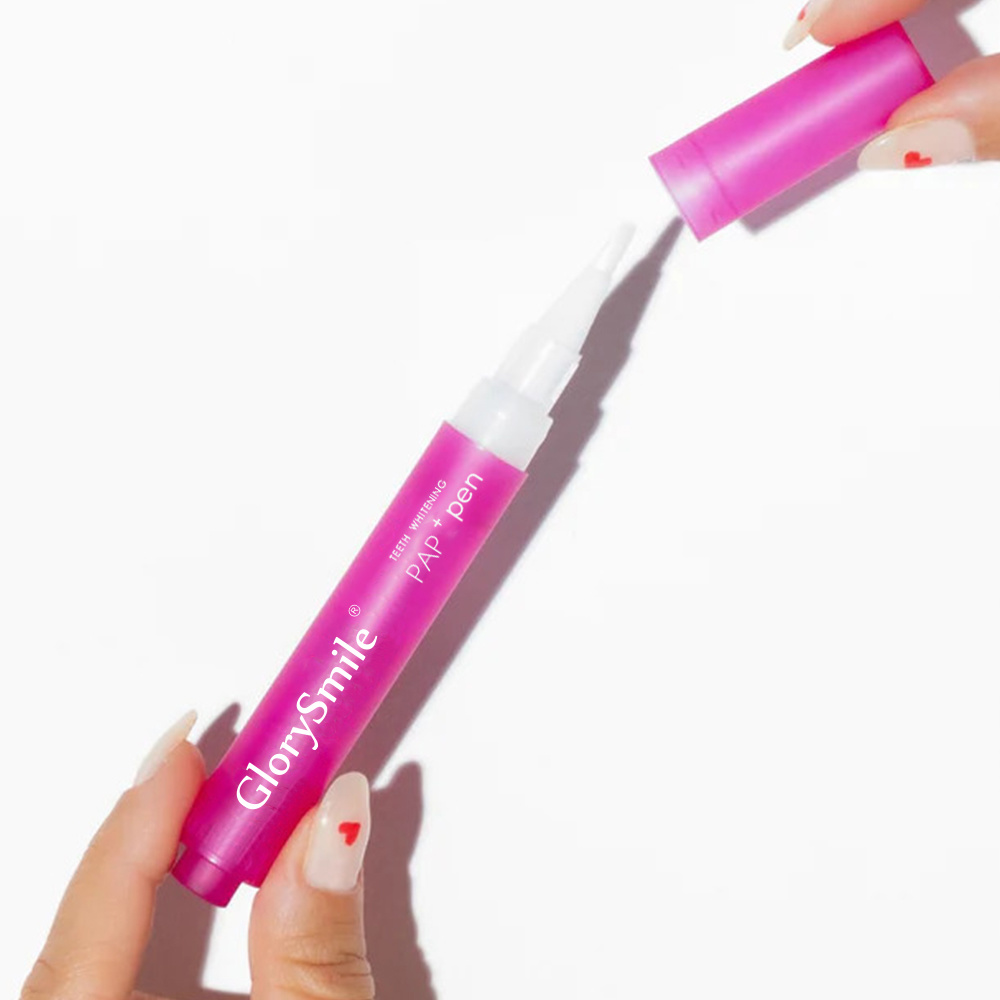
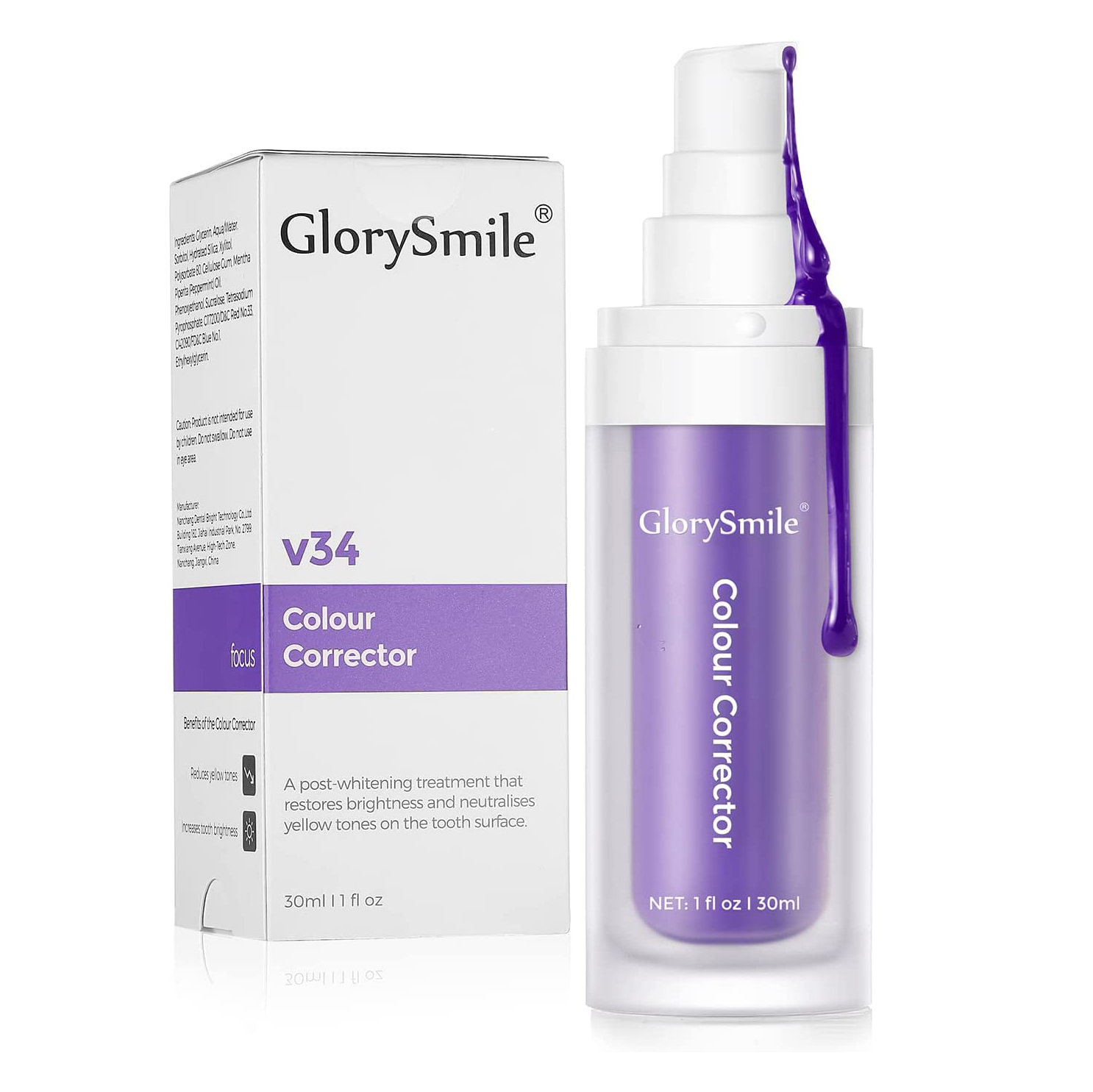
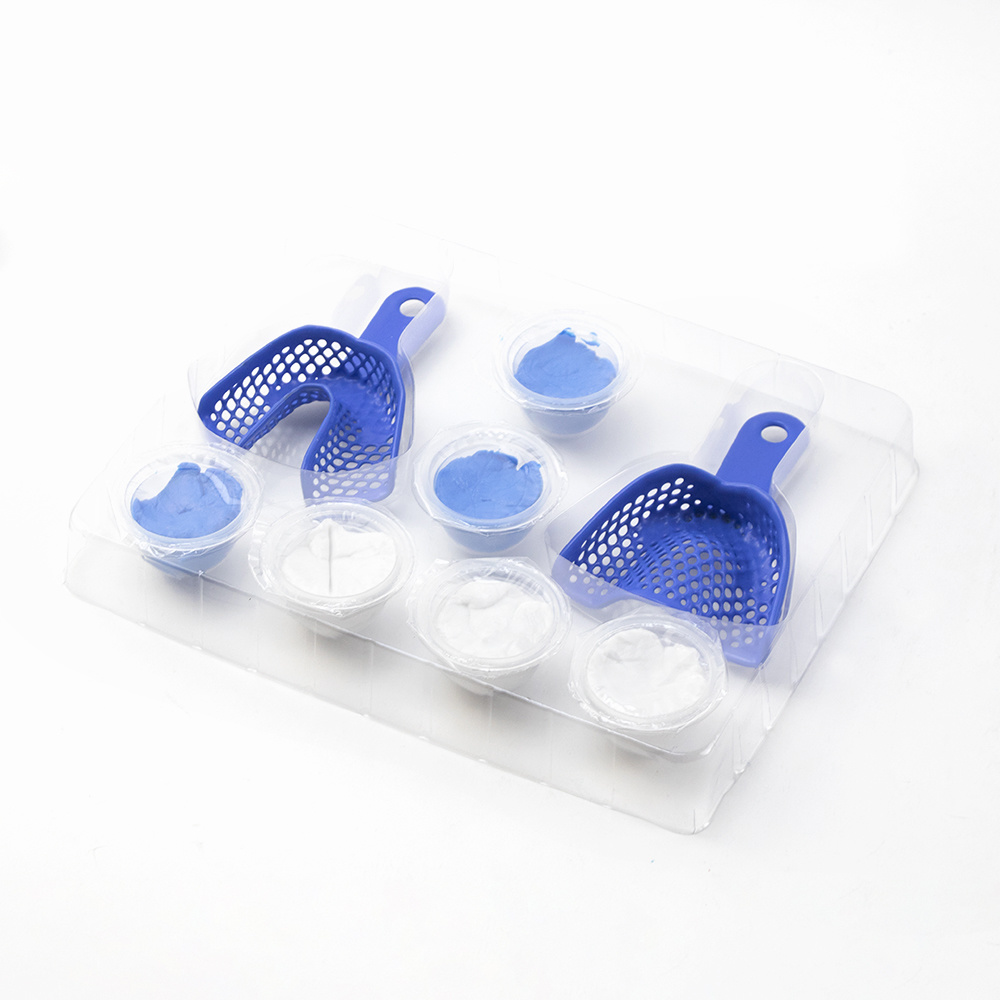
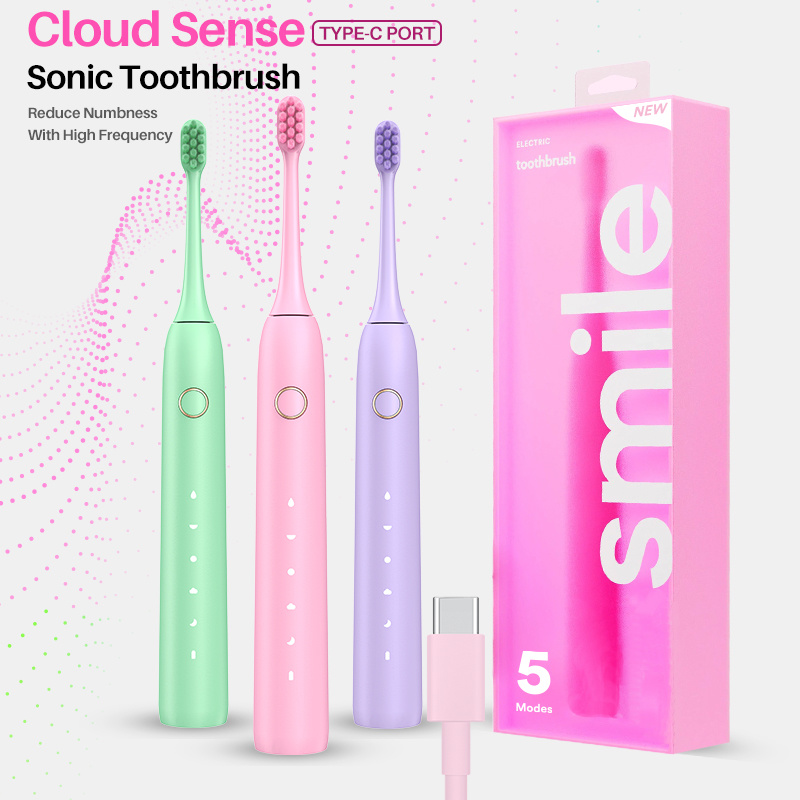


 +8618279124913
+8618279124913 helen.xiao@enjoywhite.com
helen.xiao@enjoywhite.com Message
Message 